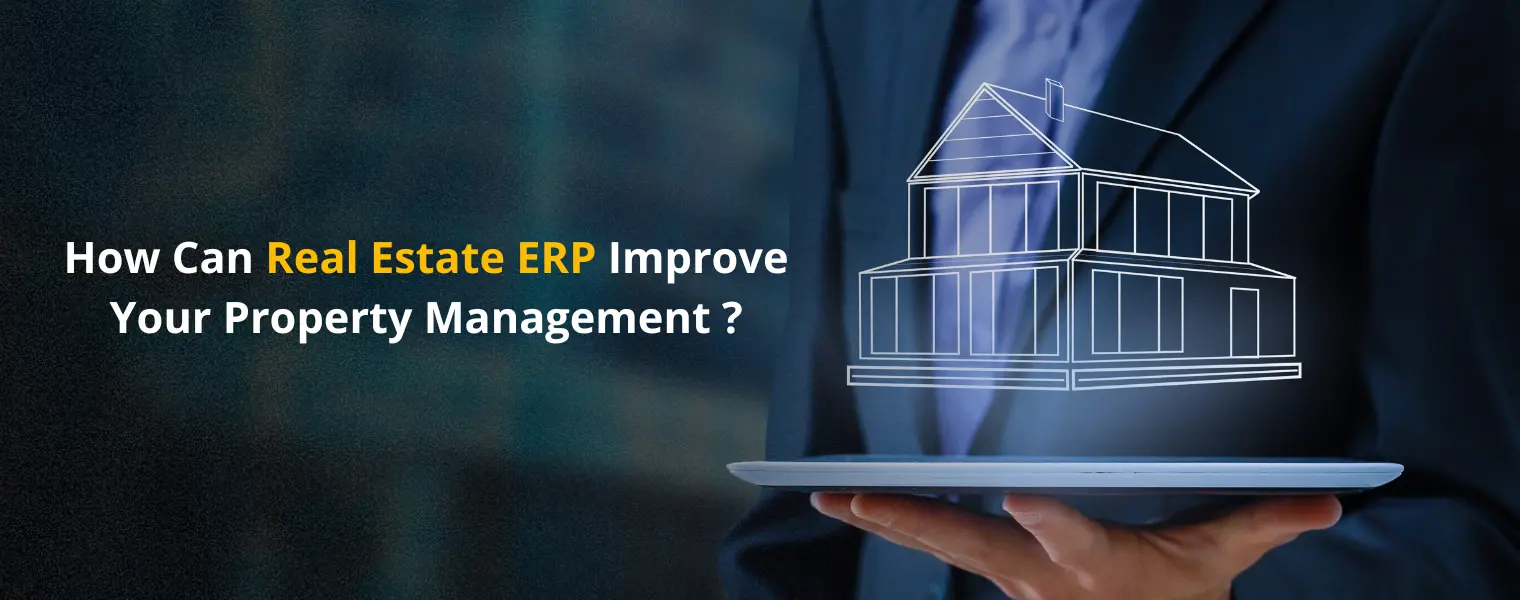
The real estate industry is highly competitive, and property management is a critical component of ensuring success. Inefficient property management can lead to missed opportunities, lower occupancy rates, and reduced profitability. However, managing multiple properties, leases, tenants, and maintenance schedules can be challenging without the right tools and technology. Enterprise Resource Planning (ERP) software can provide real estate companies with an integrated and centralized platform for managing property-related processes. In this blog post, we'll explore how a Real Estate ERP can improve your property management.
Managing multiple properties requires tracking a vast amount of data and information, including lease agreements, maintenance schedules, tenant information, and financial data. Without a centralized system, tracking and managing all this information can become a nightmare. A Real Estate ERP system can provide a single source of truth for all property-related data, simplifying the process of tracking and managing all property-related activities.
One of the most significant benefits of a Real Estate ERP is improved financial management. With an ERP system, you can track all financial transactions related to your properties, including rent payments, expenses, and maintenance costs. This visibility into financial data can help you identify areas where you can cut costs, reduce expenses, and optimize your overall financial performance.
Managing leases can be a time-consuming and complex process. With a Real Estate ERP, you can automate lease management, including tracking lease agreements, renewals, rent payments, and security deposits. This automation not only saves time but also ensures that all lease-related information is accurate and up-to-date.
A Real Estate ERP can provide real-time access to tenant data, allowing you to track and manage tenant details such as contact information, lease terms, and payment history. This information can help you improve your tenant management, ensuring that tenants are satisfied and their needs are met.
Maintenance management is a critical component of property management. With a Real Estate ERP, you can track all maintenance-related activities, including scheduling maintenance tasks, managing work orders, and tracking maintenance costs. This visibility into maintenance activities can help you optimize maintenance schedules and reduce costs.
Collaboration is essential for effective property management. A Real Estate ERP can improve collaboration by providing a centralized platform where team members can share information, collaborate on tasks, and access critical data. This visibility into data can help team members make informed decisions and work more efficiently.
Real Estate ERP can be a game-changer for property management. With an integrated platform for managing all property-related activities, real estate companies can improve their efficiency, reduce costs, and optimize their overall performance. If you're looking to improve your property management, consider investing in a Real Estate ERP system. DoFort provides the best Real Estate Software with all features and functionalities. For more info contact us at info@doforttech.com
Welcome to DoFort !